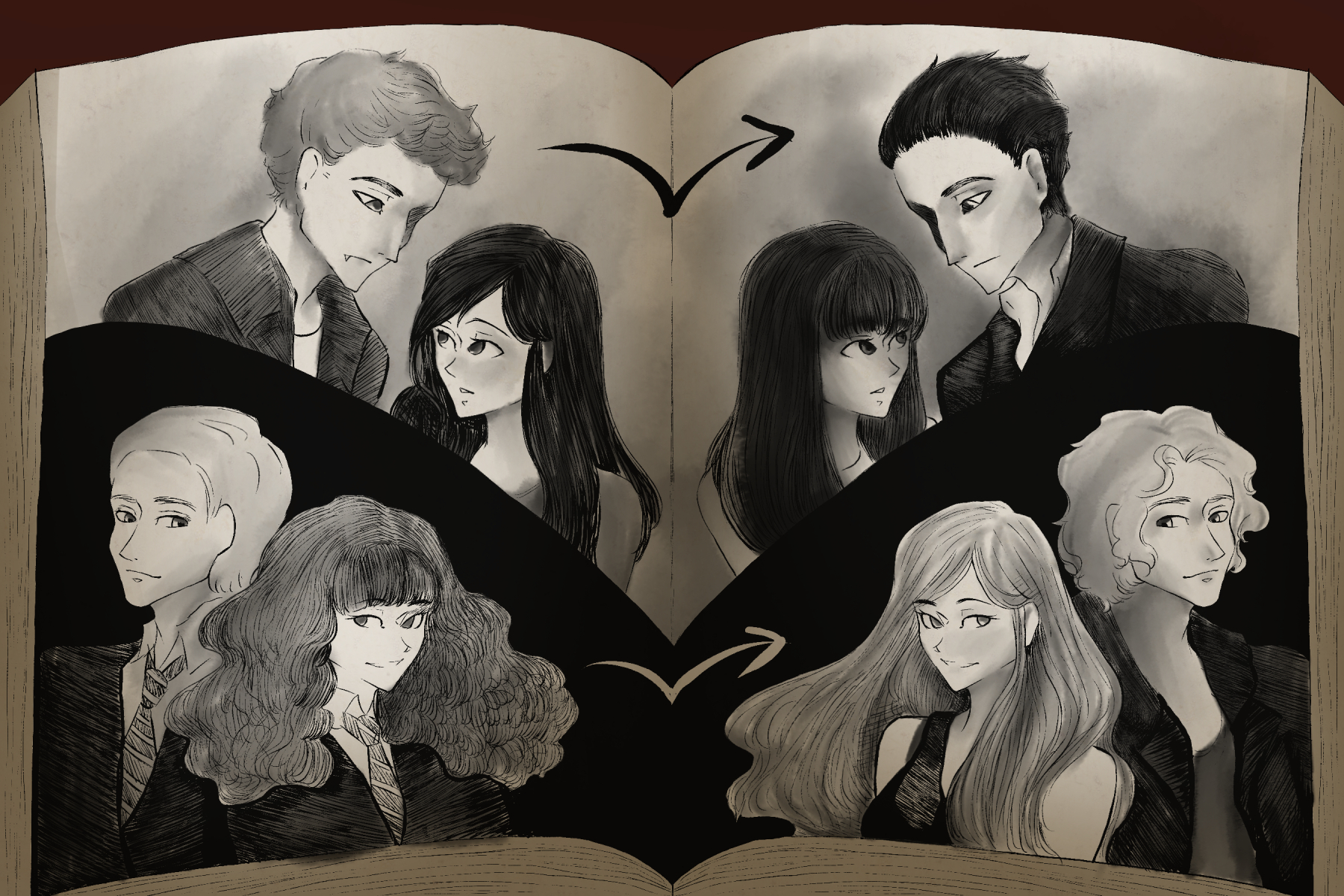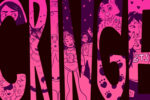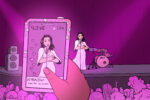POV: it’s 2am and you’re facing the brightly lit blue screen of a 200,000-word fanfiction depicting an alternate universe inhabited by the cast of J.K. Rowling’s “Harry Potter” series. Or perhaps you’re reading about the user-imagined lives of other characters from other popular books, movies, TV series and even boybands. Wattpad, Archive of Our Own and Fanfiction.net contain a vast number of these stories from numerous fandoms, no matter how niche. Although writing fanfiction might seem like an arbitrary side-hobby, “The Love Hypothesis” by Ali Hazelwood and “After” by Anna Todd prove that these works can be published, all while receiving critical acclaim and popularity. No matter what your stance is on it, fanfiction is a large part of fan culture and has made its way from computer screens to real, published books.
Fanfiction, and its Impact
Fanfiction (also shortened to fanfic) is “a type of fictional story based on another work of fiction.” The creative possibilities are endless. Bestsellers such as “Fifty Shades of Grey” by E.L. James and “City of Bones” by Cassandra Clare are both fanfictions; “Fifty Shades of Grey” was inspired by Edward Cullen and Bella Swan from “Twilight” and “City of Bones” is a reimagined love story between Harry Potter’s Draco Malfoy and Ginny Weasley. In more recent years, “The Love Hypothesis” by Ali Hazelwood went viral on TikTok and was nominated runner-up for best romance in the 2021 Goodreads’ Choice Awards. Originally published on Archive of Our Own, “The Love Hypothesis” places Star Wars’ Kylo Ren and Rey in a contemporary setting, reimagining them as a biology Ph.D. graduate student and a professor. The book isn’t shy about its fan-inspired roots either, as Hazelwood names Kylo Ren’s character Adam — a nod to actor Adam Driver, who plays Kylo Ren. Whether you’re aware of it or not, fanfiction has made a notable name for itself in the literary world.
Why We Love Reading (And Writing) It
Fanfiction allows just about anyone to write and publish their work. This promotes more representation of marginalized groups, enabling underrepresented authors to publish and diversify the literary scene. As YouTuber Carly Thorne observes in her commentary video, “So much media is just overwhelmingly straight and queer audiences want to see themselves reflected in the media that they consume… if authors aren’t going to give them that, they’re going to write fanfiction.” Through fanfiction, writers can reimagine pre-existing characters to make them more relatable and realistic. Works of fanfiction can also rapidly gain popularity within their respective fandoms, as users are publishing their work directly to a target audience looking to read what they put out. Holistically, writing fanfiction is a creative outlet used to diversify fictitious works.
Its Downfalls: Overused Tropes and Stereotypes
Like everything within a fandom, there are toxic aspects of fanfiction. Anna Todd’s “After,” a Wattpad-published fanfiction between an original character and singer Harry Styles of One Direction, was criticized for reinforcing problematic themes. Many critics were shocked to see the fanfiction receive a movie adaptation, criticizing its shallow characterization, depiction of the overused ‘good-girl-meets-bad-boy’ trope and glorification of abusive relationships. It also perpetuates the harmful idea that women can ‘fix’ or ‘save’ self-destructive and violent men. Similarly, “The Kissing Booth” by Beth Reekles, which originated on Wattpad, was adapted into an epic three-movie saga on Netflix. Sporting a 15% approval rating from Rotten Tomatoes, critics condemned the story’s elementary-level writing, overuse of clichés and tropes and reinforcement victim-blaming. Not all fanfiction promotes positive tropes, and can demonstrate problematic and harmful stereotypes instead.
Authors have mixed opinions on fanfiction inspired by their work. Author Leigh Bardugo is flattered by fanfiction, stating “I’m delighted that anyone would feel invested enough in my characters or the world I created to want to write stories based around them.” However, some authors such as J.K. Rowling condemn those who profit off of fanfiction, wishing to “make sure that it remains a non-commercial activity to ensure fans are not exploited and it is not being published in the strict sense of traditional print publishing.” Fanfiction presents a moral gray area, as brings up the quandary of whether a writer should be able to profit from another writer’s original work.
Moralities Involving Real-Life Individuals
There’s a lot of moral ambiguity when fanfiction is written about real individuals. “Heat Waves” is currently the most popular fanfiction on Archive of Our Own. It has accrued over one million views and holds the title for the second most-liked fanfiction on the website. The story depicts the romantic relationship between popular Minecraft YouTubers Dream (also known as Clay) and George from GeorgeNotFound. Although the YouTubers do not seem to take offense to the fanfiction, other individuals can understandably feel uncomfortable with the idea of being romantically paired up with their real-life friends.
K-pop idol Kim Taehyung of BTS has publicly denounced fanfiction, telling fans to not use their “imagination” and “delusion” to romantically ship members. Fans speculate that Kim is denouncing problematic fanfiction that objectifies and sexualizes real-life individuals and their friendships. Clearly, there are some moral objections regarding fanfiction about real-life celebrities — writers should respect a celebrity’s comfort with fanfiction and understand that at the end of the day, they are humans, not characters.
Fanfiction, As a Whole
Good fanfiction promotes diversity and representation in a whitewashed and heteronormative publishing world. A 2019 study done by Lee & Low Books indicated that 76% of authors are white and less than 1% of authors are transgender. 81% of authors identified as heterosexual and 89% of authors report being able-bodied. Indicatively, the publishing industry is still predominantly Caucasian, cisgender, heteronormative and able-bodied, with marginalized voices and stories remaining a minority.
Not only does fanfiction empower underrepresented authors but it can also rectify problematic ones whose published works lack representation. For example, “Harry Potter” is seen as an outlet for members of the LGBTQIA+ community despite J.K. Rowling’s transphobia. Fanfiction allows “Harry Potter” fans to rectify Rowling’s problematic and inaccurate representations of marginalized identities and enjoy the Harry Potter universe without supporting Rowling directly.
In the literary world of traditional publishing versus publishing from a fanfiction website, it is important to highlight and amplify underrepresented individuals. For book lovers and TV and movie fanatics, fanfiction is another medium to enjoy beloved universes and stories. Ultimately, fanfiction is a way for writers to creatively express themselves, and is a product of love for literary characters and worlds. When an author concludes a book series, or a TV show ends, individuals can rely on fanfiction to sustain and continue these creative universes.

















